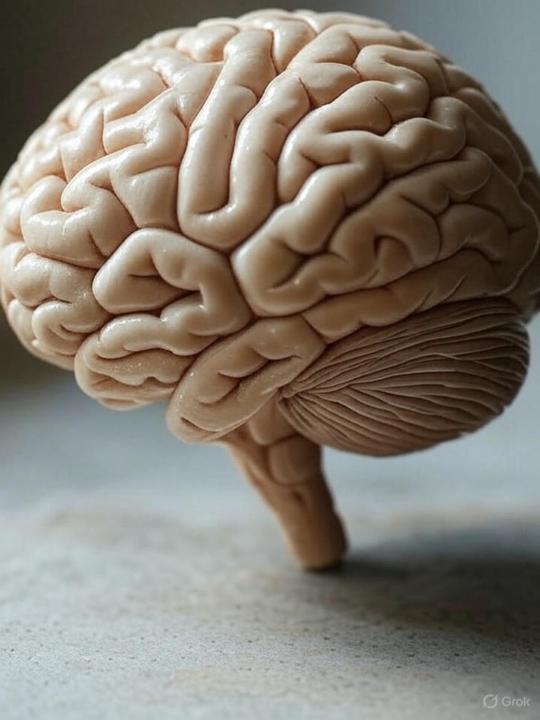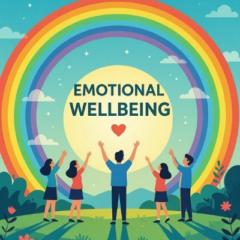Activity
Mon
Wed
Fri
Sun
Feb
Mar
Apr
May
Jun
Jul
Aug
Sep
Oct
Nov
Dec
What is this?
Less
More
Owned by William J.
Our aim is to learn with functional understanding. We can interact in meaningful to daily life. Protect privacy https://incogni.cello.so/IzXO86TrV3D
Memberships
Different but Better (DBB)
21 members • Free
The Philosophy of Order
1.1k members • Free
Neuropsyche Network
878 members • Free
Built From Thought
16 members • Free
Daily Intentional
43 members • Free
SH
Share house communities
19 members • Free
TM
The Mindset Story Exchange
25 members • Free
HekmahOS
124 members • Free
The Wisdom Years
91 members • Free
7 contributions to Emotional Wellbeing Community
“Honor Bound: Making Commitments That Create Success (Your word is your warranty) “
Commitment transforms promises into reality and potential into power. Commitment means staying loyal to what said you’d do long after the mood you said it in has left.
“The Fearless Life: How Your Success Journey Starts Now (First class ticket to awesome) “
Fearlessness isn’t about eliminating fear—it’s about not letting fear eliminate your dreams.
0
0
“The Crossroads: Every Quit Weakens You, Every Continue Strengthens You “
There is a stark, powerful binary choice. It frames each decision to continue as a deposit into your “bravery bank,” making you stronger, while each quit is a withdrawal that weakens your resolve for future challenges.
1
0
Scared to Start? Why You Should Do It Anyway(Fear is just excitement without breath)
The cave you fear to enter holds the treasure you seek—your greatest self awaits.
Understanding Your Mind: A Simple Guide
Your mind is a powerful tool that shapes your reality. By understanding how it works, you can guide your thoughts to create a more positive and fulfilling life. Here are the key principles, explained in a clear and friendly way: - Your thoughts and words shape your reality. What you think and say creates a plan that your mind and body follow to shape your life. - You act in ways that match your thoughts. Your actions naturally align with what you believe and think about consistently. - Every thought affects your body and emotions. Each thought triggers physical sensations and feelings within you. - Imagination is stronger than knowledge. When it comes to your mind, what you imagine has more impact than what you know. - Emotions often outweigh logic. When feelings and logic clash, your emotions usually guide your actions. - Your mind follows what it thinks you want. It works to carry out what it believes are your true desires. - Your mind seeks pleasure over pain. It naturally guides you toward what feels good and away from what feels bad. - Your mind prefers the familiar. It resists new or unfamiliar things and gravitates toward what it already knows. - Your mind reacts to the images and words you create. The pictures you imagine and the words you use shape how your mind responds. - Your mind accepts what you tell it. It doesn’t judge whether your thoughts are good, bad, true, or false—it simply acts on them. - Your beliefs shape you and your world. You create your beliefs, they define who you are, and the universe reflects them back to you. - What you focus on grows. Your mind mirrors back whatever you give it attention to. - Less effort works better with your subconscious. Trying too hard consciously can limit your subconscious mind’s response. - Conflicting thoughts cancel each other out. Your mind can’t hold opposing beliefs or ideas at the same time. - Your mind lives in the now. It only understands and acts on the present moment. - Your mind ignores neutral words. Words like “don’t,” “can’t,” “no,” or “later” are often overlooked by your mind. - Vivid words and images spark stronger reactions. The clearer and more detailed the picture or word, the more your mind responds. - Positive, specific words work best. Your mind responds better to clear, positive, and detailed instructions. - Repetition helps your mind learn. The more you repeat something, the more your mind absorbs it. - Expectations shape outcomes. What you expect often becomes reality. - Focus brings more of the same. Whatever you concentrate on, you’ll see more of in your life.

1-7 of 7
@william-j-stokes-2497
Inspiring the intellect with riddles and quizzes to enhance mindset aspects of life. We have more wisdom riddles on our YouTube channel, “Trusites.”
Active 1d ago
Joined Aug 24, 2025


